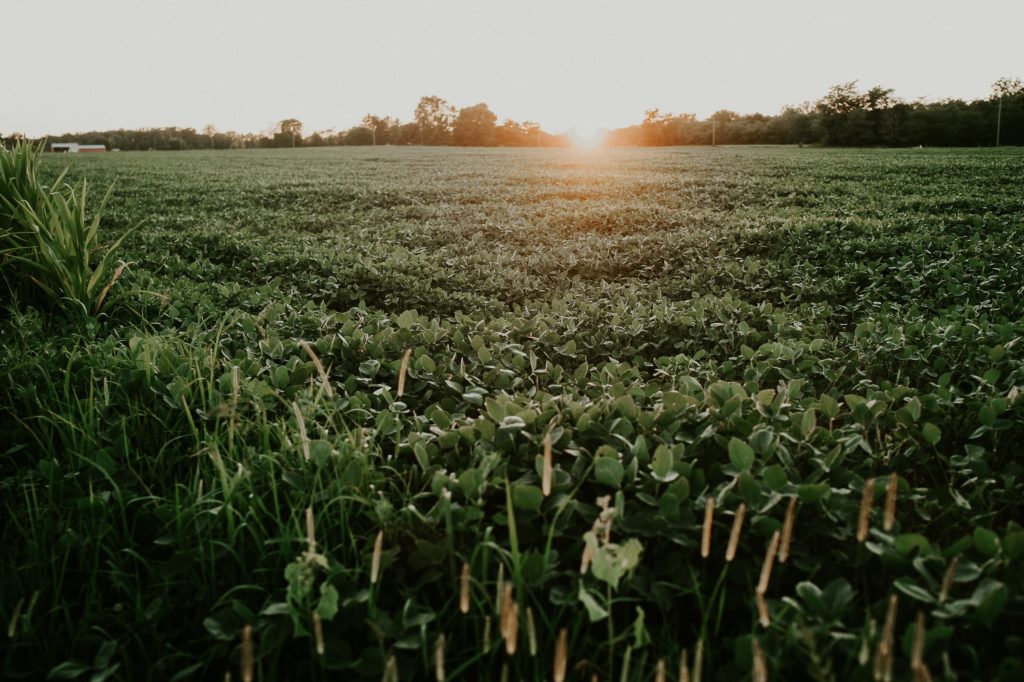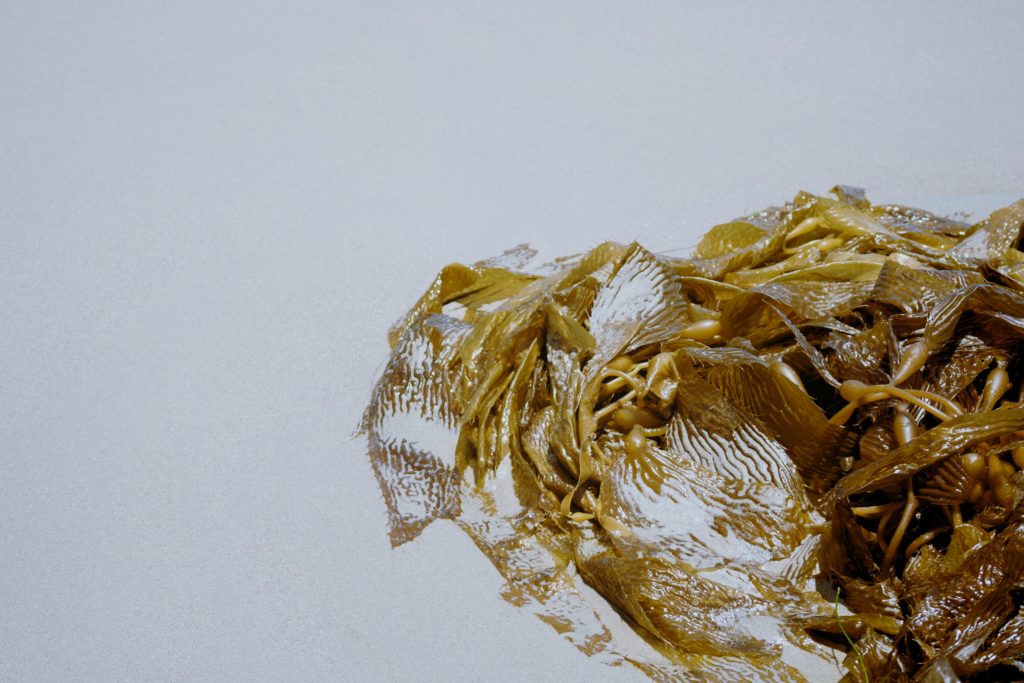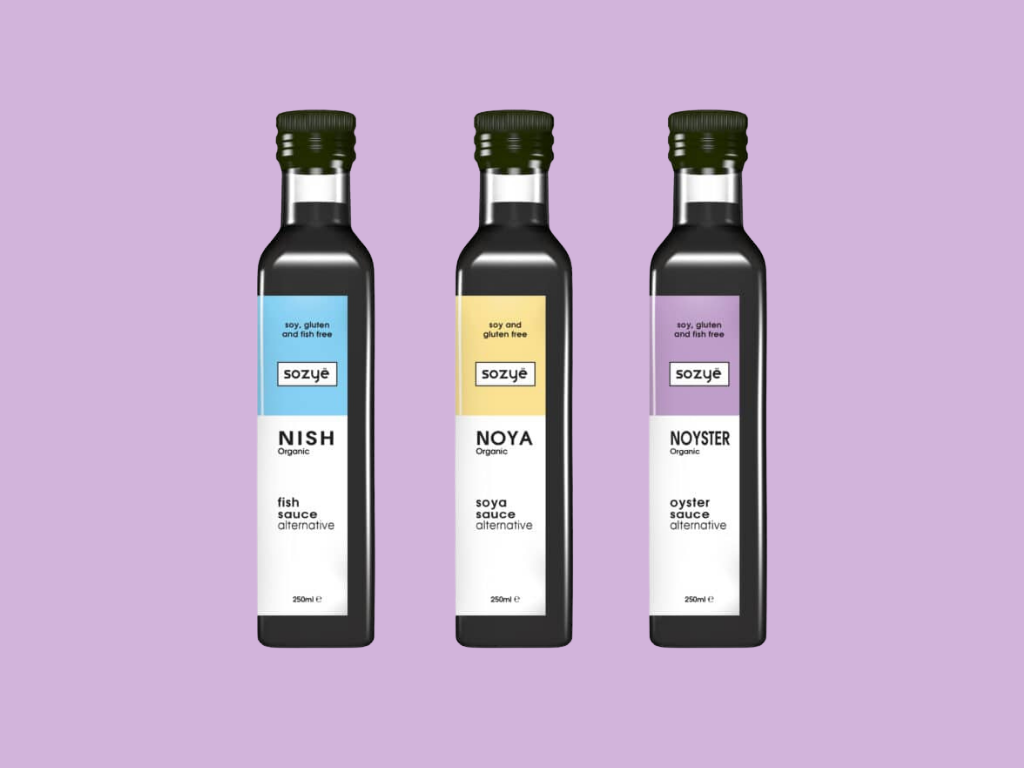3 Mins Read
UK-based sauce manufacturer Sozyë has announced a new range of plant-based sauces. It called them Nish, Noyster, and Noya. Each is allergen and soya-free, while being a sustainable alternative to traditional fish, oyster, and soy products.
Sozyë sauces have been developed in response to global deforestation for soy sauce crops. Commercial fishing impact was also cited by the London company. In place of conventional ingredients, certified organic Scottish seaweed will be the primary component. It will be harvested to ensure fast regeneration and sustainability.

All flavour, no harm
Seafood and soya have been criticized due to the unsustainable practices of sourcing both. “We are bringing alternatives to soy,” Jacob Thundil, chief saucier at Sozyë told FoodIngredientsFirst. “This is an issue that does not get enough attention. Every year, forests are being destroyed globally to cater to the world’s hunger for soy. The repeated farming of mono-crops has greatly reduced the ability of the forests to absorb and store carbon dioxide. Seeing the environmental impact the production of sauces poses on the earth and how sea life is greatly affected, Sozyë decided to adopt a new approach to make sauces available at no cost to the environment and the earth’s water bodies.”
The creation of Sozyë’s new range was a combination of expertise and previous good fortune. Thundil described how a flavour note he discovered when making a vegetarian stock reminded him of fermented soy. Through extensive trial and error, he went on to create a British soya sauce alternative, with Scottish seaweed as the star of the show.
When harvesting the seaweed, only top leaves are taken. This allows the underwater environment to remain undisturbed and leaves regenerate in a matter of weeks. “The initial requirements of this range to be soya-free, gluten-free, organic, plant-based and sustainable was a hard task,” Thundil said in a statement. “There were a lot of hurdles, but we tackled them in spite of the challenging circumstances resulting from lockdown and Brexit.”
Sozyë aims to secure UK-wide distribution with major outlets in 2022.

The increasing saleability of seaweed
Seaweed is experiencing a moment. Widely used in plant-based alternatives for favorite sauces, it is demonstrably a versatile ingredient, with other applications as well.
Last December, New York-based AlgiKnit revealed that it has opened a new innovation hub for the development of algal products. The news comes after the company developed a seaweed-derived yarn that can be used to make clothing. The hub will allow for scaled production and pilot projects to commence. A successful $2.4 million bridge financing round allowed the hub opening to be completed.
The packaging sector has also embraced seaweed as a potential future-friendly component. Three separate companies, located in California, Scotland, and London, all announced significant breakthroughs in seaweed-derived packaging that could replace fossil fuel extracted plastics. The UK’s Notpla is currently the most well-funded algae-based packaging startup. It has secured £10 million to scale production of its seaweed alternatives to plastic packaging. Products have been used during large events prone to littering, including the London Marathon.
Earlier this month, Dutch company Wellness Innovations confirmed a €1.2 million investment. The funding will be used to develop its range of fish-free omega oils that use algae as a base ingredient.
Lead image courtesy of Sozyë.




